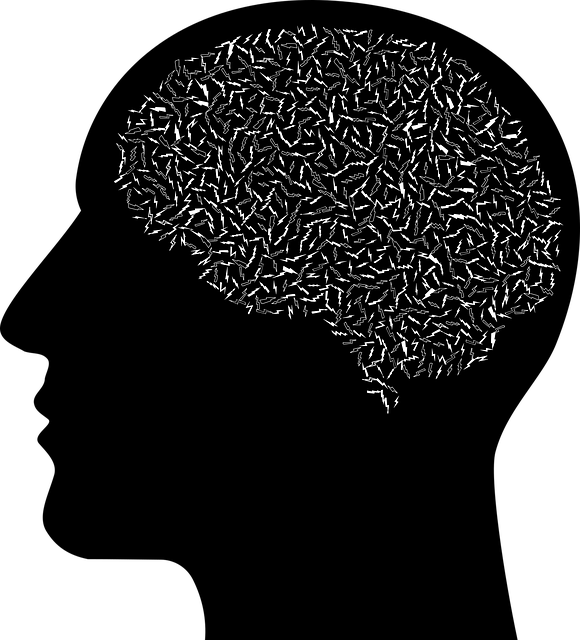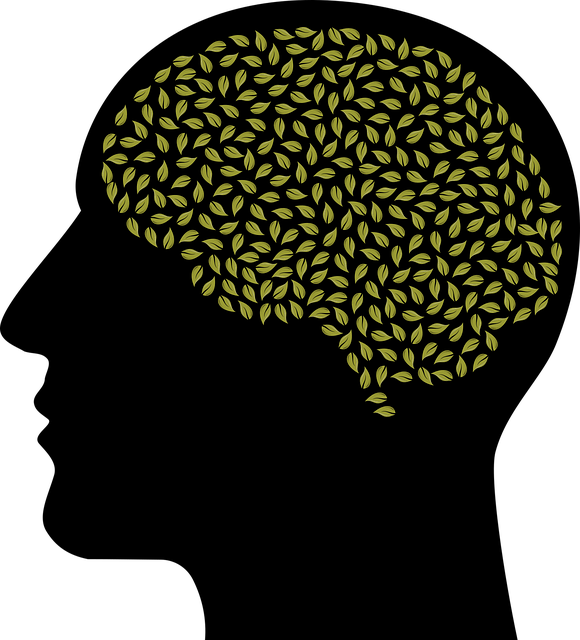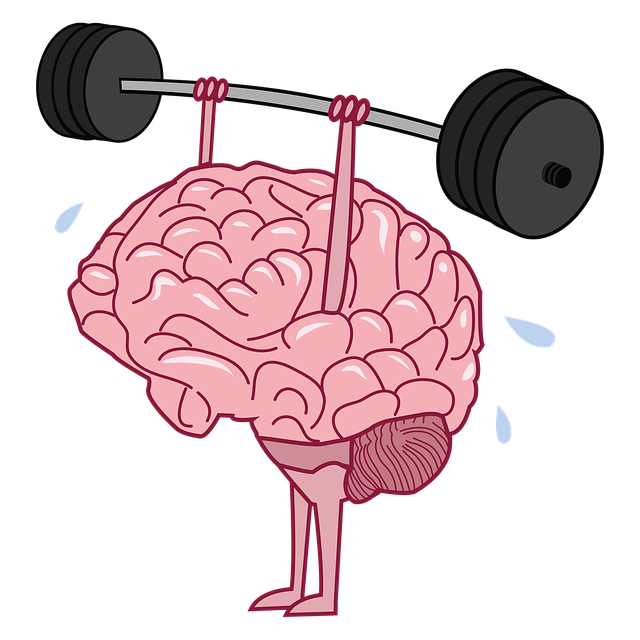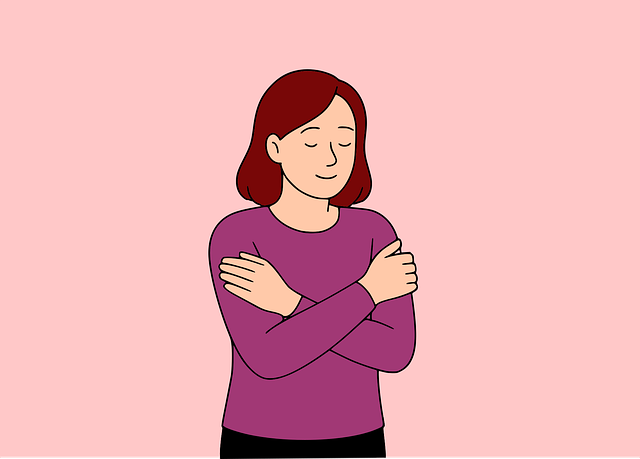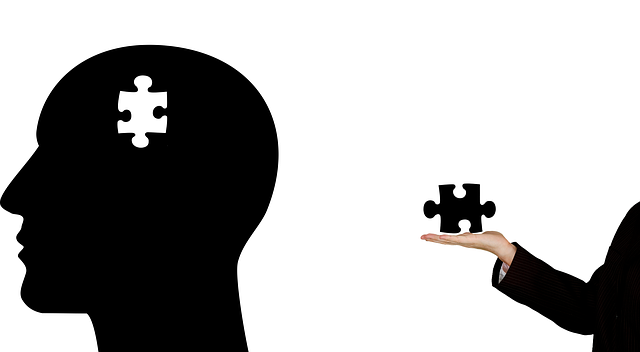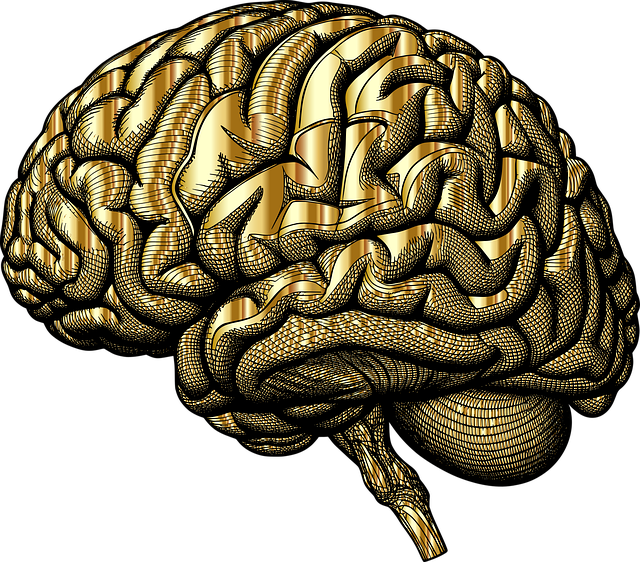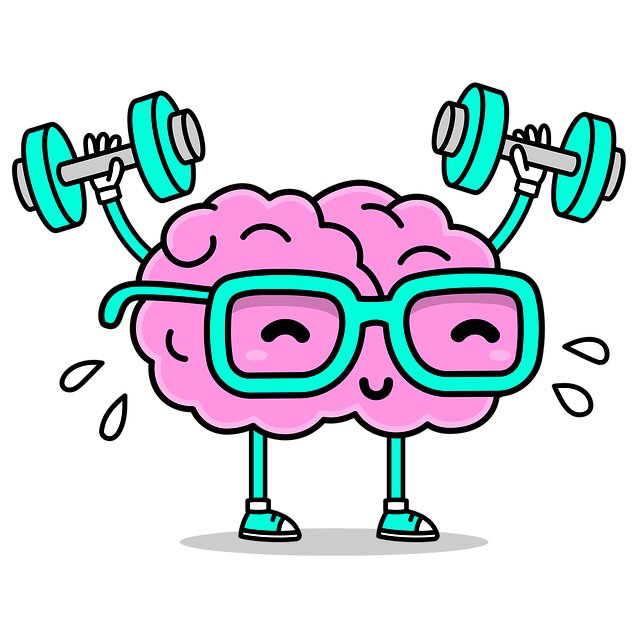Mental health professionals face challenges diagnosing anxiety and depression due to stigma, leading to misdiagnoses and treatment avoidance. Lone Tree Anxiety Therapy addresses this by creating safe spaces, utilizing compassion cultivation, and implementing risk management planning. They also embrace advanced assessment tools powered by machine learning algorithms for precise diagnoses. Enhanced training programs for healthcare providers focus on refining diagnostic skills and promoting comprehensive understanding of mental health conditions, including Lone Tree's techniques. This personalized approach, combined with early intervention strategies and stigma-reducing media initiatives, improves diagnosis accuracy and patient outcomes at organizations like Lone Tree Anxiety Therapy.
Mental illness diagnosis accuracy has long been a topic of concern, with many individuals facing challenges due to misconceptions and stigmatization. This article explores innovative efforts to improve diagnostic accuracy, focusing on advanced assessment tools, enhanced training for healthcare professionals, and personalized treatment approaches. We discuss the importance of early intervention in breaking down barriers to accessing support, such as those provided by Lone Tree Anxiety Therapy. By integrating these strategies, we aim to ensure more effective care tailored to unique individual needs.
- Understanding Diagnostic Challenges: Overcoming Stigma and Misconceptions
- Integrating Advanced Assessment Tools for More Precise Diagnoses
- Enhancing Training Programs for Healthcare Professionals
- Individualized Treatment Approaches: Tailoring Care to Unique Needs
- Encouraging Early Intervention: Breaking Down Barriers to Accessing Support
Understanding Diagnostic Challenges: Overcoming Stigma and Misconceptions

Mental health professionals face significant challenges when it comes to diagnosing mental illnesses accurately. One major hurdle is the persistent stigma surrounding mental health issues, which often leads to misconceptions and misdiagnoses. Many individuals struggling with anxiety or depression may internalize societal shame and avoid seeking help, making it crucial for therapists to create a safe and non-judgmental environment. Practices like compassion cultivation can foster understanding and empathy, encouraging clients to open up about their experiences without fear of stigma.
Overcoming these barriers is essential for improving diagnostic accuracy. Lone Tree Anxiety Therapy, for instance, focuses on integrating evidence-based practices into treatment plans while addressing the unique challenges faced by individuals with anxiety disorders. Additionally, risk management planning for mental health professionals plays a vital role in ensuring therapists are equipped to handle complex cases effectively and ethically. By combining advanced therapeutic techniques with a compassionate approach, professionals can enhance diagnosis accuracy and ultimately provide better Anxiety Relief for their clients.
Integrating Advanced Assessment Tools for More Precise Diagnoses

In the pursuit of enhancing mental illness diagnosis accuracy, integrating advanced assessment tools emerges as a strategic effort. These innovative technologies and techniques go beyond traditional methods, offering more nuanced insights into an individual’s psychological state. For instance, digital assessment platforms that utilize machine learning algorithms can analyze vast amounts of data, including patient reports, symptoms tracking, and even physiological markers, to provide precise diagnoses. This data-driven approach complements clinical evaluations, reducing the likelihood of misdiagnosis and ensuring more effective treatment planning.
At Lone Tree Anxiety Therapy, we recognize the importance of embracing these advancements in mental health assessment. By incorporating advanced tools that facilitate stress management and stress reduction methods, therapists can gather comprehensive information about a patient’s experience. Furthermore, these resources enable practitioners to employ tailored communication strategies, fostering open dialogue and enhancing the overall accuracy of diagnoses. Ultimately, such integrations contribute to personalized treatment approaches, empowering individuals on their path to recovery.
Enhancing Training Programs for Healthcare Professionals

Mental illness diagnosis accuracy has long been a point of concern in healthcare. To address this, there’s a growing emphasis on enhancing training programs for professionals. These programs focus on refining diagnostic skills and fostering a comprehensive understanding of various mental health conditions, including Lone Tree Anxiety Therapy techniques. By incorporating advanced therapeutic approaches, such as emotional healing processes and social skills training, healthcare providers can better identify subtle symptoms often associated with depression prevention.
This renewed training approach emphasizes the importance of continuous learning and adaptability in keeping up with emerging research on mental illness. It encourages professionals to move beyond traditional diagnostic methods and embrace innovative strategies that prioritize patient-centered care. This evolution in training ensures that those seeking help, whether for anxiety, depression or other conditions, receive accurate assessments and effective treatment plans tailored to their unique needs.
Individualized Treatment Approaches: Tailoring Care to Unique Needs

In the pursuit of enhancing mental illness diagnosis accuracy, a significant focus has been placed on individualized treatment approaches. Mental health professionals are increasingly recognizing that each individual’s experience with anxiety, depression, or other conditions is unique, necessitating tailored care. This shift towards personalization means adapting traditional treatments to cater to specific needs and circumstances, ensuring more effective support for patients. For instance, Lone Tree Anxiety Therapy has pioneered methods that blend evidence-based practices with a deep understanding of the patient’s inner strength development.
By integrating emotional regulation strategies and empathy building techniques, therapists create a safe space for individuals to explore their mental health journeys. This individualized approach not only improves diagnostic accuracy but also fosters better patient engagement and outcomes. It empowers patients to take an active role in their care, promoting self-awareness and resilience, which are crucial elements in the long-term management of mental health conditions.
Encouraging Early Intervention: Breaking Down Barriers to Accessing Support

Encouraging early intervention is a crucial aspect of improving mental illness diagnosis accuracy and overall treatment outcomes. Many individuals struggling with anxiety, depression, or other common mental health disorders often wait too long before seeking help due to various barriers. These can include stigma, fear of judgment, lack of awareness about available resources, or simply not knowing where to turn. Breaking down these barriers is essential for ensuring that people receive the support they need promptly.
Lone Tree Anxiety Therapy, for instance, focuses on providing accessible and non-judgmental spaces for individuals to discuss their concerns. By fostering an environment of understanding and openness, such initiatives encourage early intervention. Additionally, the Mental Wellness Podcast Series Production can play a vital role in raising Mental Health Awareness by offering informative content that tackles common misconceptions and provides practical advice. This media approach helps reduce stigma and inspires people to prioritize their mental wellness, ultimately leading to more timely access to necessary care.
Mental illness diagnosis accuracy has seen significant advancements through integrated advanced assessment tools, enhanced training programs for healthcare professionals, and tailored treatment approaches. Overcoming stigma and misconceptions is crucial, as it encourages early intervention—a key strategy to breaking down barriers to accessing support. Lone Tree Anxiety Therapy exemplifies these improvements, providing comprehensive care that caters to individual needs in the modern landscape of mental health services.

